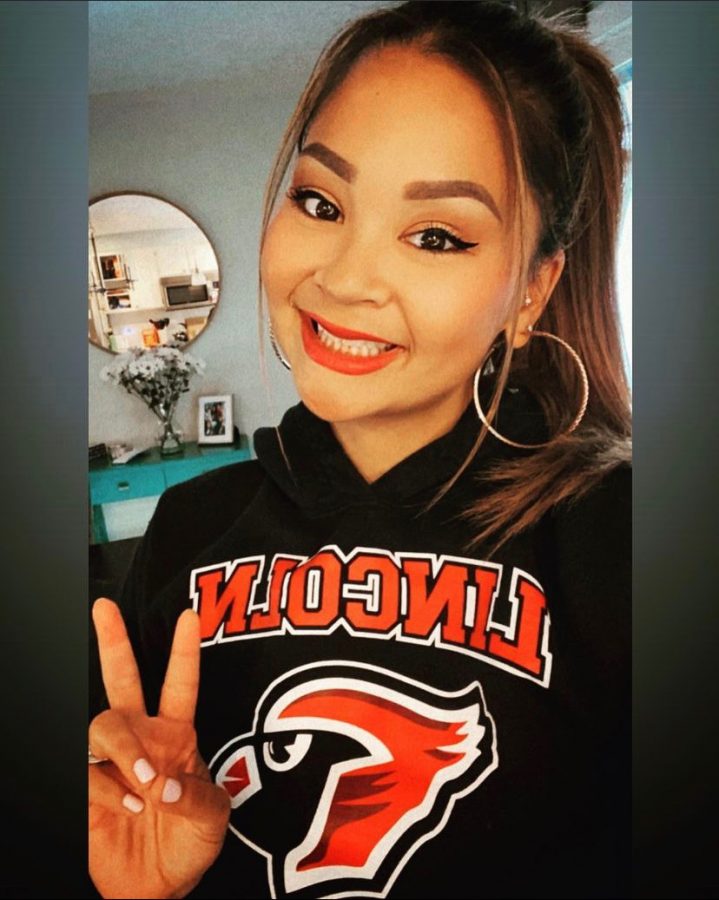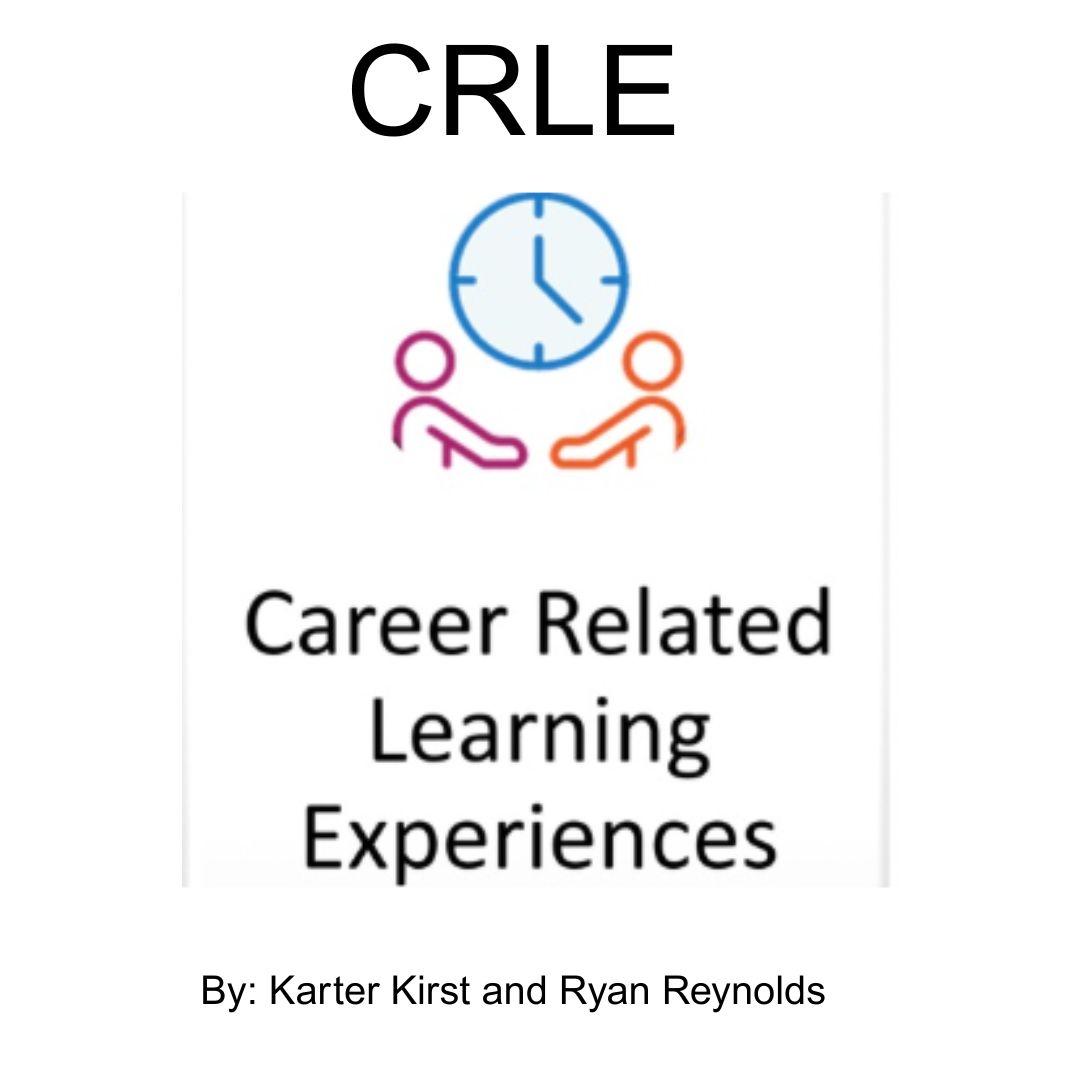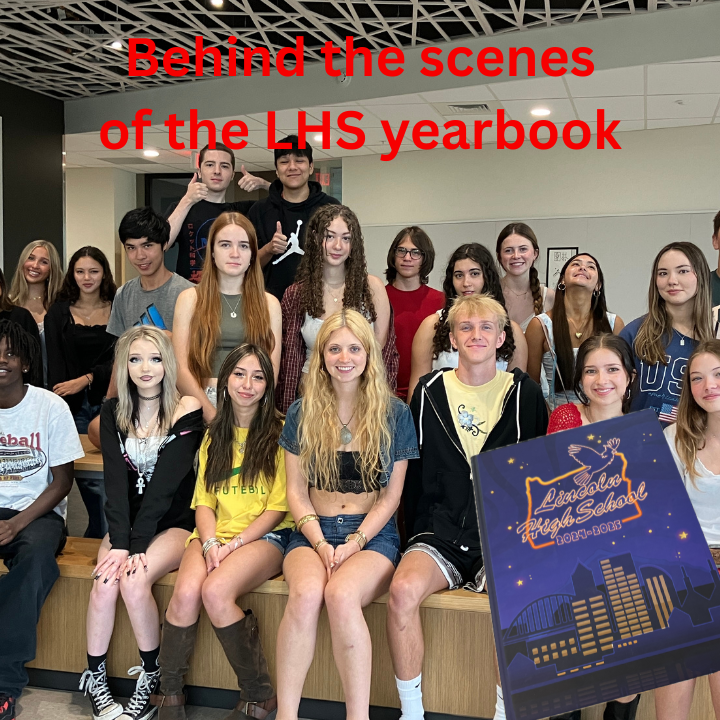Critical Race Studies teacher Jessica Mallare-Best departs Lincoln
Courtesy of Jessica Mallare-Best
Jessica Mallare-Best leaves Lincoln to begin her new job at the Center for Equity and Inclusion.
September 30, 2021
Critical Race Studies teacher Jessica Mallare-Best departed Lincoln in August to take a new position as Director of Educational Equity at the Center for Equity & Inclusion (CEI). According to their website, CEI is “a specialized consulting agency focused on advancing equity, diversity, and inclusion efforts within organizations, education systems and communities.”
In her new position Mallare-Best is responsible for managing the contract between CEI and Portland Public Schools (PPS). The Center of Equity and Inclusion works with PPS to give and lead racial equity training. Although Mallare-Best has been fighting for racial equality in education for years as a teacher, she has already learned important lessons from her new job.
“In my job, I’m positioned as a learner as well, learning how to move organizations in a way that teaches them to be more equitable, in their policies, in their hiring [and in] their engagement with families,” she said.
Jessica Mallare-Best began teaching at Lincoln High School in 2015. Before coming to Lincoln, she had started a program called Critical Race Studies (CRS) at the Leadership and Entrepreneurship Public Charter School (LEP).
“I wanted to do a class that focused on the history of race and how race shows up in us,” Best said when asked why she decided to start CRS.
After a year teaching in the social studies department, Mallare-Best decided that she wanted to carry on the Critical Race Studies program at Lincoln.
In the first year of Mallare-Best’s CRS class, students got the chance to explore their own racial history, culture and identity while engaging in difficult conversations about race and how race impacts the individual, one’s community and life in the United States.
During the second semester, students dove into hip-hop by studying the different elements and historical events of the music and culture.
The CRS program grew quickly at Lincoln, so Mallare-Best decided to create a Critical Race Studies 3-4 class, where students built off of the first year of CRS by moving into a place of action by demanding for just and equitable communities, leading and organizing the Week of Action in February. Eventually, she even created a CRS 5-6 class.
After six years at Lincoln, and five years of teaching Critical Race Studies, Mallare-Best decided that it was time to depart Lincoln, and take on new opportunities.
However, deciding to leave Lincoln wasn’t an easy decision.
“If I wasn’t so connected to the young people, I might’ve left a while ago,” said Mallare-Best.
Many students have struggled with the loss of Mallare-Best.
Senior Wren Stuart took Critical Race Studies 1-2 and 3-4 and had forecasted to take 5-6. She described the feeling of saying goodbye to Mallare-Best as bittersweet.
“It was hard to say goodbye to a teacher that I really looked up to and felt a real connection to,” Stuart said. “On the other hand, I’m happy for her because her new position gives her a lot of amazing opportunities and it’s rightfully deserved because she’s worked so hard.”
Senior Malcolm Cole II agreed with Stuart.
“[Mallare-Best] was one of my favorite teachers at Lincoln,” he said. “Not only is she super woke, but understands truly what kids of color go through and wasn’t afraid to call out Lincoln’s past racism.”
Currently, there is no replacement for CRS classes, and students were instead placed in other classes offered at Lincoln. Many students hope for the return of the Critical Race Studies program in the future, but they recognize that it might take time.
“If they do decide to bring it back, I would hope that the person they choose to teach the class is qualified and makes sure that the space in the classroom isn’t hostile for the students of color,” Stuart said.
Cole II shared similar sentiments.
“I hope Lincoln finds a teacher of color that has experience with teaching CRS so that the class isn’t taught by someone who’s inexperienced,” he said.
Mallare-Best recognizes that she has left large shoes to fill, and that such an integral curriculum must be treated with care.
“I’m not expecting there to be another me,” she said. “What I would love and hope for is that people rooted in their authenticity bring in racially conscious curriculum, get trained on how to engage in these things and weave it into things they are naturally interested in.”




